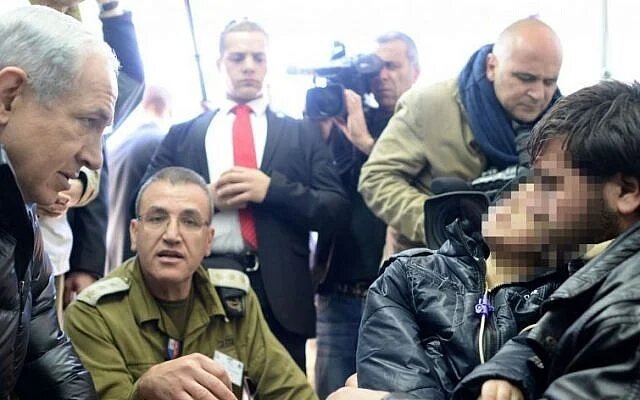By Shahrokh Saei

TEHRAN - Clandestine ties between Israel and rebels that have brought down the Syrian government are coming under close scrutiny.
Armed groups led by Hayat Tahrir al-Sham (HTS) took over Damascus last Sunday and toppled president Bashar Assad.
The HTS is originally an offshoot of ISIL, also known as ISIS and Daesh in Arabic, and al-Qaeda terror organizations.
The HTS, previously referred to as the Nusra Front, underwent a rebranding in 2017 to alter public perception regarding its past actions.
Nonetheless, Israel’s support for ISIL and al-Qaeda terrorists who fought against the Syrian government after the 2011 Arab Spring has fueled speculation about the regime’s relations with the HTS.
Soon after the rebels seized the Syrian capital, Israel began a widespread bombing campaign pounding the country’s military facilities. The Israeli strikes are aimed at destroying Syria’s military capabilities amid fears that they could potentially be used against the regime.
Israel also violated the 1974 agreement with Syria and deployed its ground troops into the Syrian territory. The Israeli military has seized control of a demilitarized buffer zone in the Golan Heights in Syria that was created as part of the accord. Its forces have occupied some regions inside Syria beyond the zone.
The HTS kept mum about the Israeli airstrikes and ground incursion into Syria for several days. But it ultimately had to react.
On Friday, Syria’s transitional government that operates under the supervision of HTS leader Ahmed al-Sharaa – formerly known by his nom de guerre, Abu Muhammad al-Jolani, condemned Israel’s “aggression” against Syria.
In a letter to the United Nations, the new transitional government described Israel’s land grab in Syria as a "serious violation" of the 1974 armistice agreement.
The letter also rebuked Israel for conducting air raids across Syria.
"The Syrian Arab Republic condemns in the strongest terms this Israeli aggression," it said.
Syria’s current rulers have been under fire over their inaction in the face of Israel’s acts of aggression.
Presently, the statement seeks to alleviate public pressure on the HTS and the interim government under caretaker prime minister, Mohammed al-Bashir.
Besides, the HTS finally decided to react to Israel’s acts of aggression in a bid to debunk claims about its links with the regime.
Furthermore, the statement's issuance aims to redirect attention from the rebels' inaction regarding Israel's appropriation of land and its airstrikes in Syria.
HTS members, many of whom are former members of Al-Qaeda and ISIL, received support from Israel in the wake of the civil war in Syria that followed the Arab Spring.
Israeli media disclosed in 2014 that the Israeli military not only offered medical assistance to terrorists fighting in Syria but also maintained connections with them.
UN observers in the Golan Heights meticulously detailed instances of contact between Israeli troops and rebels, including Syrians being sent into Israel for medical treatment, and the transfer of items and containers, the Times of Israel reported in December 214, citing records maintained by the UN disengagement force in the Golan demilitarized zone.
The rebels are currently attempting to obscure their connections with Israel under the guise of a new name, as they anticipate an increase in anti-regime sentiment due to its aggressive actions in Syria.

No comments:
Post a Comment